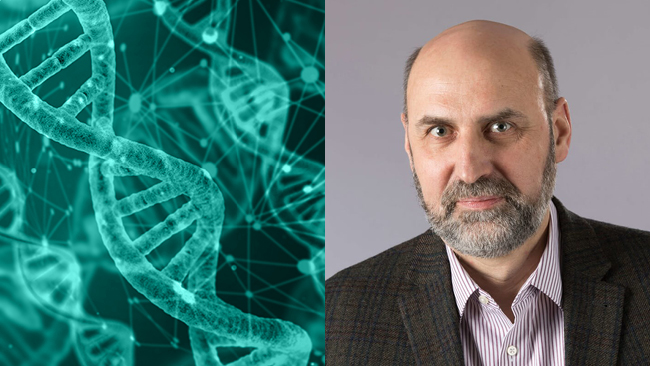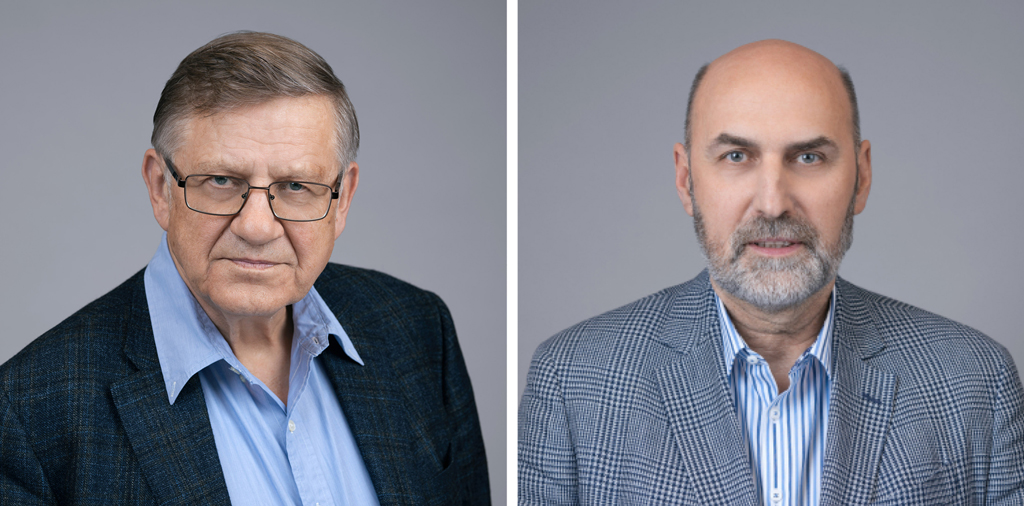Companies
- Ateities biomedicinos fondas

Funded project
914 000 €
8
Collected out of 1 000 000 €
Times donated
We have signed a EUR 1 million support agreement with the Biomedicine Future Foundation. The funding is earmarked for the chrono-epigenomics programme at the Institute of Biotechnology at the VU Life Sciences Centre. Chrono-epigenomics is a new field of biomedical research that seeks to understand the general patterns of body development, ageing, and disease onset.

The development of chrono-epigenomics in Lithuania was proposed by Prof. Artūras Petronis, a scientist at the University of Toronto, one of the pioneers in studying epigenomic human diseases. He is the head of a newly established chrono-epigenomics programme at Vilnius University.
“Chrono-epigenomics is about molecular “clocks” that regulate and coordinate hundreds of different changes that take place in every cell of the body. If these biological timekeepers get out of sync – if they start to run late, become too quick, or halt altogether – the body’s developmental processes are disrupted, ageing accelerates, or diseases strike. “Clockwork” disease markers could open up new perspectives for the early diagnosis, treatment, and prevention of common and serious human diseases such as cancer, diabetes, and atherosclerosis,” Prof. A. Petronis says.

Prof. Arvydas Janulaitis, the founder of the Biomedicine Future Foundation and Prof. Artūras Petronis
According to Prof. Arvydas Janulaitis, the founder of the Biomedicine Future Foundation and the pioneer of biotechnology in Lithuania, progress in medicine is based on the fundamental discoveries of molecular biology, which bring an increasingly more profound understanding of the fact that every human being is unique, not only in terms of their personality or their life experiences but also in terms of genetic, epigenetic, and all other aspects of biological individuality.
“All of this influences who gets a certain disease and what the characteristics of that disease are. Treatment is significantly more effective when the individuality of each patient is taken into account, which is the ultimate goal of personalized medicine. The Biomedicine Future Foundation aims to bring personalized medicine research to Lithuania. We hope that the chrono-epigenomics programme will accelerate progress in both basic and applied biomedical sciences in Lithuania and worldwide,” Prof. A. Janulaitis says.
_
More information here.
Prof. Artūras Petronis, The Institute of Biotechnology at the VU Life Sciences Centre. Email → arturas.petronis@gmc.vu.lt